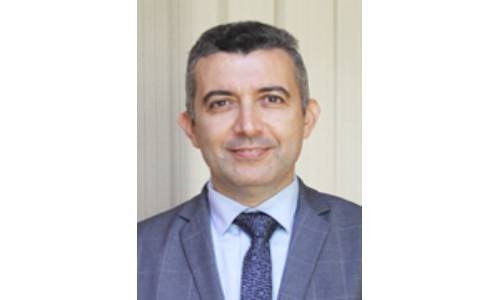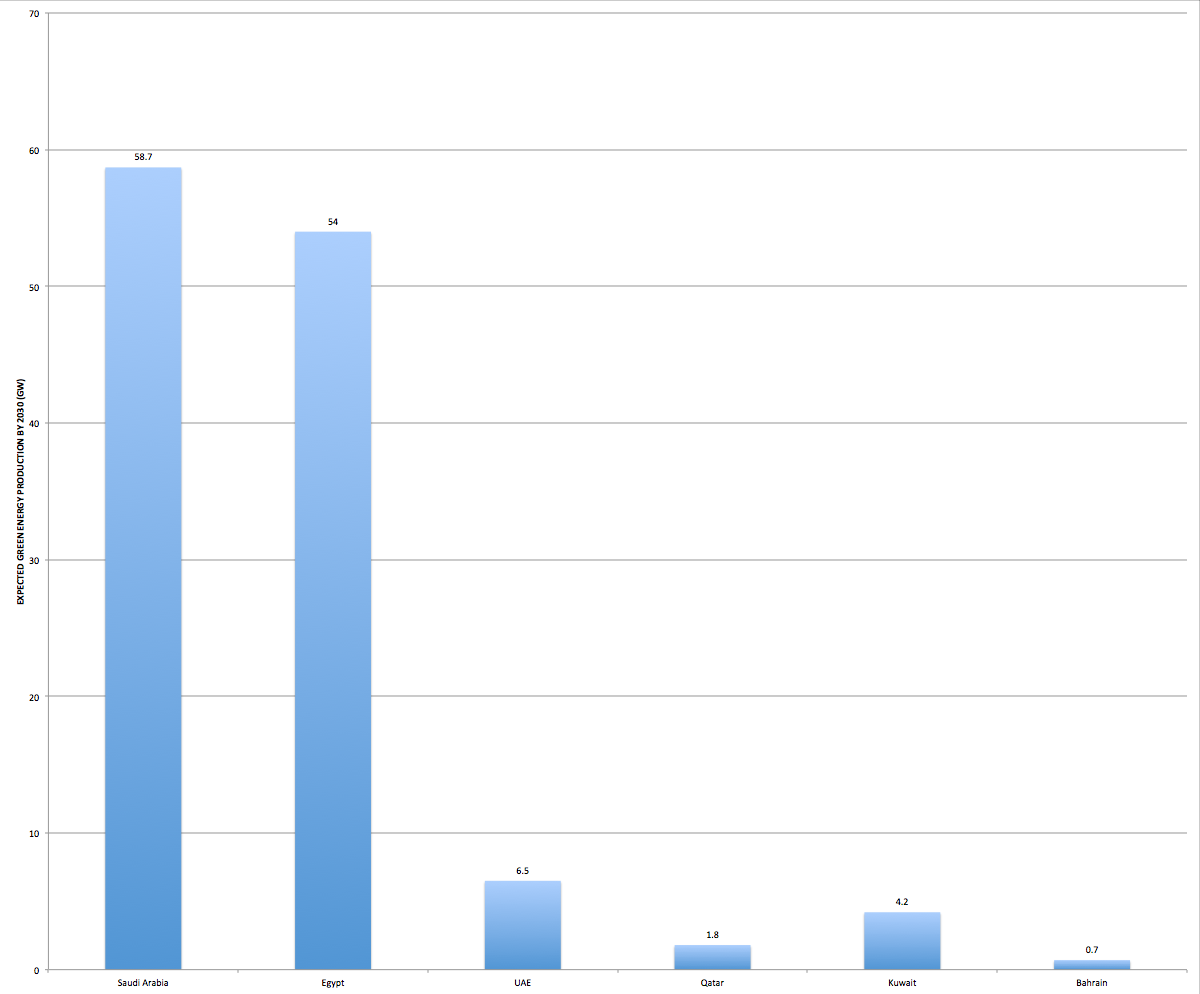Bahrain’s green energy target ‘lowest’ in region
TDT | Manama
The Daily Tribune – www.newsofbahrain.com
Bahrain’s renewable energy targets are the lowest in the region, according to a study made by the Regional Centre for Renewable Energy and Energy Efficiency (RCREEE), Egypt.
Saudi Arabia has set the highest renewable energy target in Bahrain followed by Egypt, Algeria, Morocco and the UAE while the Kingdom and Palestine are among the countries at the bottom of the list with comparatively lesser targets.
Dr Jauad El Kharraz, Executive Director, RCREEE, said some countries are facing the challenge of surplus renewable energy and conventional generation and therefore need to envisage solutions to accommodate for the available generation capacities.
“Among different solutions, a movement towards green hydrogen projects and P2X that relies on renewables’ electricity is emerging in countries including Bahrain.
“The green hydrogen traction offers long-term opportunities to the Arab countries to integrate higher shares of renewable energy into the grid, export renewable energy to third countries worldwide, and decarbonize sectors, which are often difficult to decarbonize such as transport, oil and gas, steel and mining.”
He said energy efficiency is also a most important issue.
“Meeting world energy needs is a big challenge given the population and the economic growth.
We will continue to use fossil fuels, especially coal and natural gas until renewables grow to meet a significant fraction of our energy needs.
“Burning of fossil fuels is highly linked to global climate change, so we need to use CO2 capture technologies to address the issue.
Efforts related to sustainability and sustainable development would not be successful without abundant supplies of affordable energy.
“Since fossil fuels continue to provide sufficient and cost-effective supplies of energy, oil, gas and coal will have to be part of the global energy portfolio for at least next three decades to move forward with sustainable development initiatives.”
The green energy expert said that it would be imperative for energy companies to invest in modern technologies to reduce carbon emissions and support clean and affordable supplies of energy.
While it may not be possible to extract fossil fuels for hundreds of years into the future, technological advancements made today can help to make the industry more sustainable.”
“When looking at the entire global energy portfolio, oil, coal and natural gas still make up about 84 per cent of energy demand.
Therefore, renewables cannot uniformly replace fossil fuels.
Alternative technologies have not progressed enough to make this feasible.
“Until that happens, the world’s energy producers will have to move forward with efficiency enhancements to make fossil fuels more sustainable.”
The Sustainable Energy Authority (SEA) has already unveiled a plan to establish a green hydrogen plant.
Two months ago, Sustainable Energy Authority (SEA) President Dr Abdulhussein Mirza discussed the project with a high-level delegation from Al Judy Company, led by Chairman Ibrahim Ali.
Dr Mirza outlined the SEA initiatives and projects for 2022, including a plan to benefit from the green hydrogen.
The delegation gave an overview of its plan to establish a 4 Megawatt plant for the production of green hydrogen – a first in the Arabian Gulf region.
Megawatt plant for the production of green hydrogen – a first in the Arabian Gulf region.
The company which holds a patent registered in Germany has also been conferred the gold medal for best invention, according to SEA.
The factory will be established according to the highest level of international standards in the construction and operational stage.
The project will be built in its first phase on land with a total area of 20,000 square metres and an estimated cost of $150 million.
A graph showing expected green energy production of different countries in the region by 2030.
Related Posts


